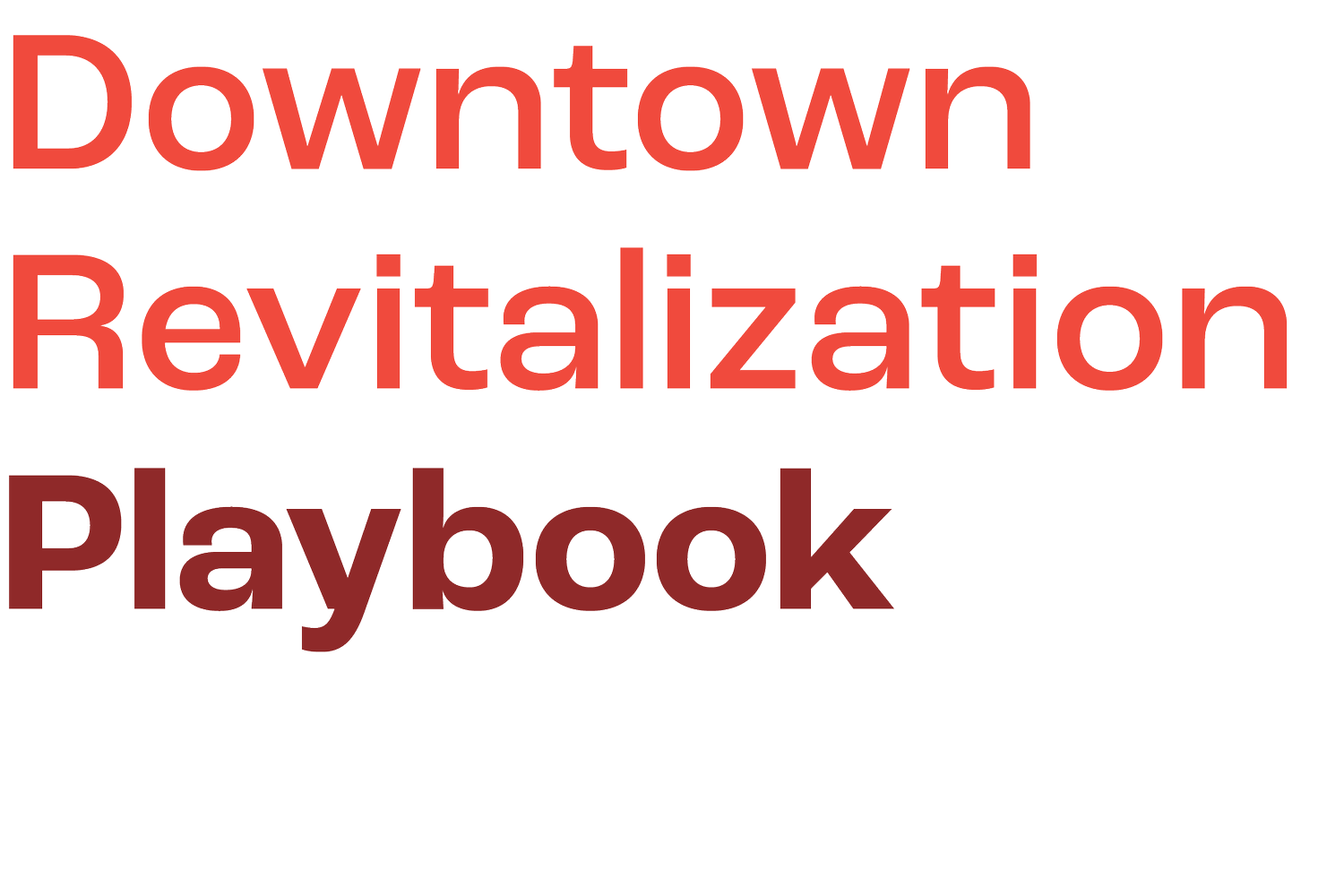
Capital Stack:
Grant or Subsidy
Grant or Subsidy
Catalytic Capital
This is non-repayable capital meant to further the planning or pre-development work of a project or pipeline of projects. It also can later provide the dollars necessary to complete a capital stack. Without catalytic capital, some projects would never have the chance to get off the ground.
Planning & Pre-Development Grants: This funding usually occurs in the first two Stages of Development and may include costs associated with planning, like community visioning workshops, or pre-development documentation, like architectural or engineering plans or feasibility studies. For The Station in Grafton, Opportunity Appalachia provided $60K for technical assistance and architectural drawings for the Cohen Building’s renovation. The $60K investment resulted in a well-designed prospectus and has made the project ready for investment.
Technical Assistance: Most rural towns do not have experts in every area of the Planning and pre-development stages. That’s why technical assistance is so crucial to help core teams in small towns gain needed expertise to plan a project and then unlock capital from different levels in a capital stack. For instance, Princeton received technical assistance from the West Virginia Community Development Hub for community convening, planning support, and leadership development training. Also, The Station in Grafton received technical assistance from People’s Inc. to help them navigate the process of applying for tax credits. Without this technical assistance, these projects likely would have been substantially delayed or halted.
Non-Repayable Funding
Investors who provide non-repayable funding do not require a financial return on investment, but may expect a social return on investment such as the creation of a certain number of jobs.
Grants: These can be grants for planning, predevelopment, development or operations. For instance, Pineville gained a $1M CDBG grant and a $700K Appalachian Regional Commission grant to fund their downtown revitalization efforts; the Hazard Art Station receives a $50K grant from the Appalachian Impact Fund (AIF) annually to ensure the Appalachian Arts Alliance has the funding it needs to support basic staff functions. Funding for general operating expenses is greatly needed by nonprofit organizations to ensure they can continue providing essential services during times of scarcity, for example, during the pandemic. Many foundations are reluctant to fund ongoing annual support for general operations, preferring instead to fund one-time projects and leaving it up to nonprofits to develop sustainability. However, since new ventures and innovative solutions are necessary to “move the needle” in Appalachia, it may be essential for foundations to help nonprofits and social enterprises prepare for eventual sustainability by providing them with multi-year grants for operations until they can build up the sustainability of their programs.
Capital Campaigns, Crowdfunding, and Donations: The Hazard Art Station ran a traditional capital campaign to raise the $50K needed to unlock AIF’s $250K impact investment. They gave presentations to local organizations, sent out mailers, shared the capital campaign on social media, and even had locals fundraise by doing things like selling lemonade or donating a percentage of profits for every dozen donuts sold. These types of non-repayable funding also help build community buy-in and support.
Local Donations: Some types of local investment can be non-repayable funding, such as:
Local Tax Revenue: Some states allow local city or county governments to collect taxes like restaurant or hotel taxes. Often these special taxes must be used for specific purposes. For instance, Pineville negotiated a change in the allowable use of their restaurant taxes to gain $300K to renovate the Bell Theater.
Slow Money from Locals: With enough supporters, everyday folks can raise significant investments. For instance, there is a group in Maine called “No Small Potatoes” where a bunch of people who are not accredited investors pool their money together to support farmers. They find a farmer and, once every 6 months or so, they are able to give a loan to a local farmer.
Co-ops: Burlington Beerworks in downtown Burlington, NC is the 3rd co-op brewery in America. For only $100 each, anyone can buy a share in the brewery. With over 2,300 members so far, Burlington Beerworks has raised over $230,000 of local investment to help renovate the building and maintain operations. Yet, it’s not a charity. Owners gain discounts on merchandise and access to owners-only events like keg tappings and beer tastings. The Co-op has become a gathering place for local residents and is leading a downtown renaissance. Check out their unique business model.

